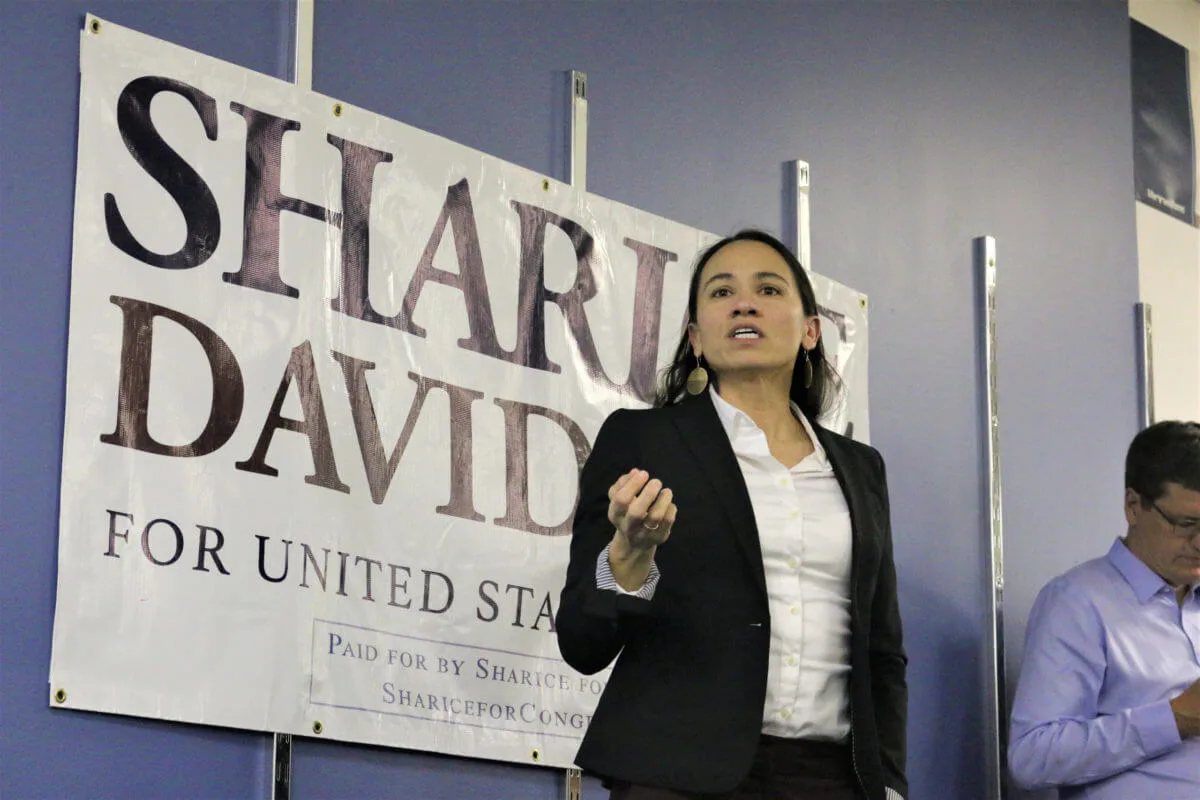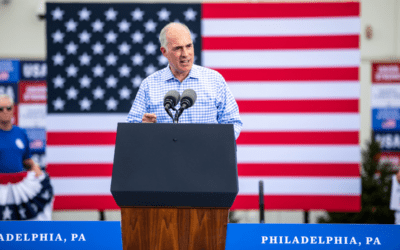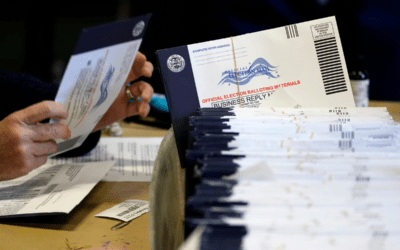
Image via Shutterstock
New data released this week shows 295 women have already filed for office to run as Democrats, and 195 are Republican candidates.
As of Tuesday, more women are running for House seats than ever before—490, with more expected to sign up in the 14 states where there is still time for candidates to declare. This includes 295 Democratic candidates and 195 Republicans, according to new data from the Center for American Women and Politics (CAWP) at Rutgers University.
These numbers are swamping even 2018’s record, when 476 women ran for the House and took an unprecedented number of seats. In terms of race, religion and sex, they created the most diverse class in congressional history, with the body’s first Muslim and Native American women representatives.
“In 2018, amidst the excitement of a record-breaking year for women candidates, we often asked whether we were in the middle of a one-time spike in candidacies driven by unique circumstances or if we were seeing the emergence of a new normal. This is a sign that the momentum isn’t letting up,” said CAWP Director Debbie Walsh in a statement.
Because of that surge, women represent nearly 25% of the House, with 102 elected and 101 still serving. The Senate also counts a record number of 26 women in its seats. But only one of the women elected was a Republican—West Virginia’s Carol Miller.
When so many Democratic candidates outpaced their GOP peers in 2018, it was a “wake up call,” said Republican Stephanie Bice, who is currently running for Oklahoma’s 5th District seat. It pushed New York Rep. Elise Stefanik to launch E-PAC, a political action committee focused on electing more Republican women.
That and other strategies appear to have successfully mobilized their base; the number of women candidates under the GOP banner has skyrocketed from 120 in 2018 to 195 so far this year.
Research shows that having more women in Congress means passing more policies that affect the lived experiences of women. As political scientist Michele Swers told Vox: “Women in Congress are just more likely to prioritize issues that have a direct connection to women — violence against women, family leave policy, those kind of things. The more you can directly connect the consequence to women, the more you see female legislators getting involved.”
RELATED: What Could Happen to Millions of Women If the ACA Is Repealed
Aside from the 490 women candidates for House seats, 48 women are running for Senate this year, a slight drop from 2018’s record of 53, according to CAWP. Currently, 30 are running as Democrats and 18 are running as Republicans.

Central PA school board director cancels himself over gay guest speaker fallout
The Cumberland Valley School Board director resigned in protest on Monday after the board voted to reinstate Maulik Pancholy. The board originally...

New book details how Dave McCormick profited from 2008 financial crisis
Dave McCormick forged a relationship with Ray Dalio, the founder of Bridgewater Associates, in early 2008 and was rewarded with a job at Bridgewater...

18,000 PA residents who attended the Art Institute have student loans forgiven
The Biden administration announced last week they were forgiving student loans for 317,000 borrowers who attended the Art Institute. This will help...

Rep. Mike Kelly benefits from Inflation Reduction Act after voting against it
Congressman Mike Kelly was an outspoken critic of President Joe Biden’s climate change legislation but that didn’t stop him from using solar credits...

American Rescue Plan delivers computers and laptops for schools, libraries, nonprofits
President Joe Biden’s American Rescue Plan continues to deliver for Pennsylvanians. 12,000 residents annually will be eligible for computer devices...




